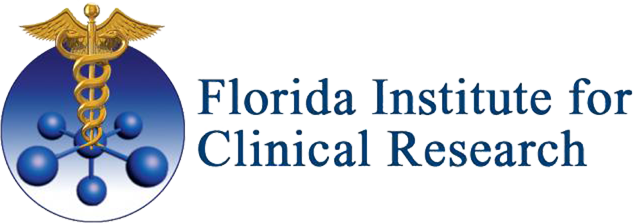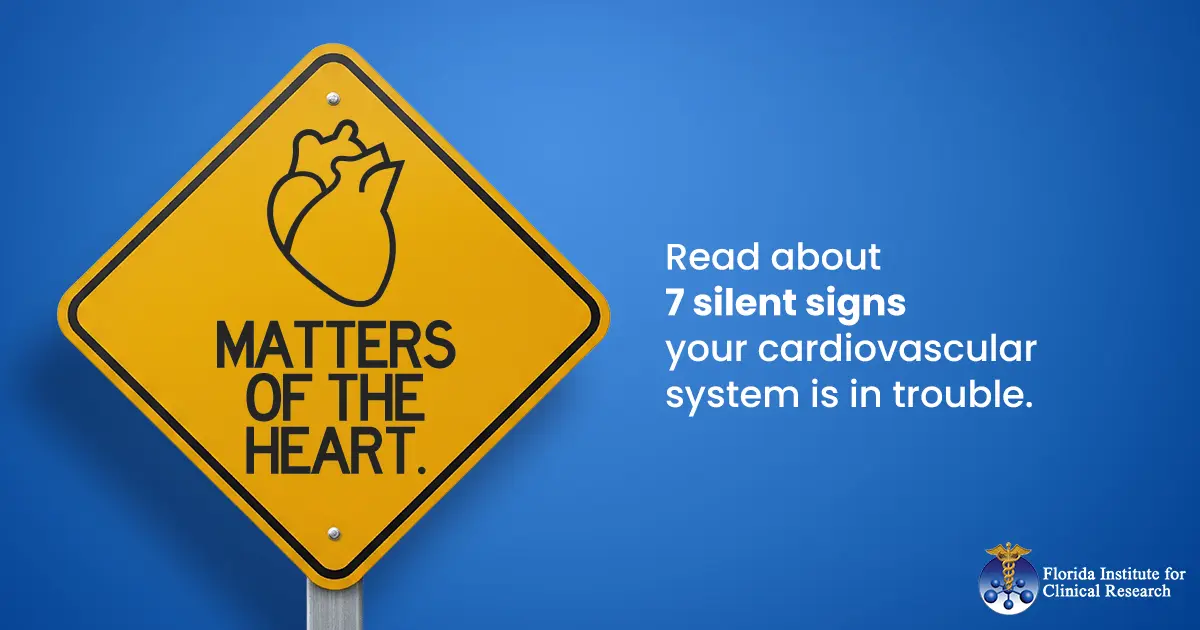Heart disease is often called the “silent killer” for a reason. Many cardiovascular issues develop quietly, without obvious symptoms, until they become severe. Recognizing early warning signs can make a huge difference in protecting your health. Here are seven subtle but serious signs your cardiovascular system may be in trouble. Always consult a doctor if you are concerned about your cardiovascular health.
1. Unexplained Fatigue That Won’t Go Away
Feeling unusually tired, even after rest, can be more than just stress. Chronic fatigue may signal your heart is struggling to pump enough blood to meet your body’s needs.
2. Shortness of Breath During Daily Activities
If climbing stairs or doing simple chores leaves you unusually breathless, it could be an early indicator of heart disease or circulation issues.
3. Swelling in the Feet, Ankles, or Legs
Fluid buildup, known as edema, often points to poor circulation or heart problems. While it may seem minor, persistent swelling should not be ignored.
4. Chest Discomfort Beyond Classic Pain
Cardiovascular distress doesn’t always present as sharp chest pain. Pressure, heaviness, or even mild tightness in the chest can be a red flag.
5. Irregular Heartbeat or Frequent Palpitations
An occasional flutter might be harmless, but a consistently irregular heartbeat can indicate arrhythmia or other heart rhythm disorders that require medical attention.
6. Persistent Dizziness or Lightheadedness
If you often feel faint, dizzy, or unsteady, it could mean your heart isn’t delivering enough oxygen-rich blood to your brain.
7. Cold Hands and Feet or Poor Circulation
Constantly cold extremities may suggest restricted blood flow. Over time, this can point to clogged arteries or other vascular issues.
Protecting Your Heart Health
These symptoms may seem subtle, but they should never be ignored. Early detection and treatment are key to preventing more serious complications. If you or a loved one are experiencing these silent signs, talk to a healthcare provider. Clinical research studies may also provide access to new treatment options and innovative care for cardiovascular conditions. Check enrolling studies through FICResearch and find out how you can get involved.

